Collaborative, Participatory & Empowerment Evaluation
Using participatory narrative methods to conduct rigorous causal analysis
-
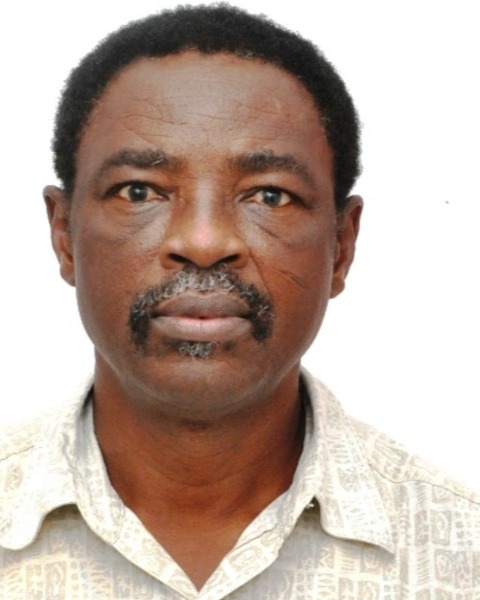
Hippolyt Pul, PhD (he/him/his)
Executive Leader
Institute for Peace and Development
Tamale, Northern, Ghana -

Hippolyt Pul, PhD (he/him/his)
Executive Leader
Institute for Peace and Development
Tamale, Northern, Ghana -
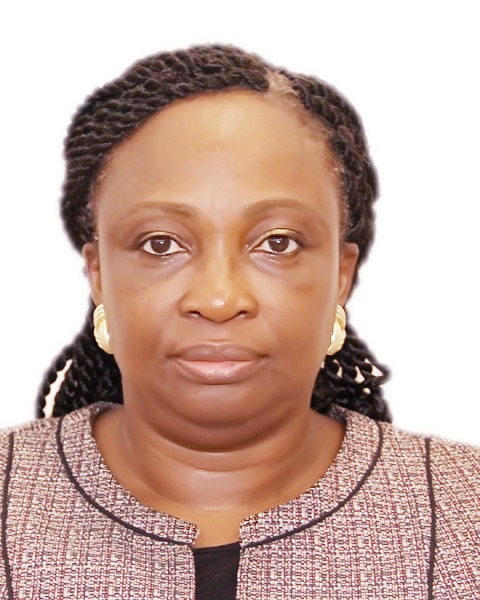
Kofoworola Akpan, Dr
Director
Auricle Services
Lagos, Nigeria -
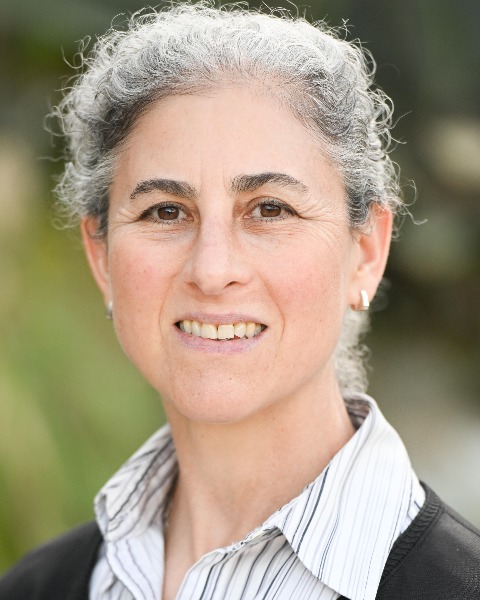
Carlisle Levine, PhD (she/her/hers)
President & CEO
BLE Solutions
Arlington, Virginia, United States -
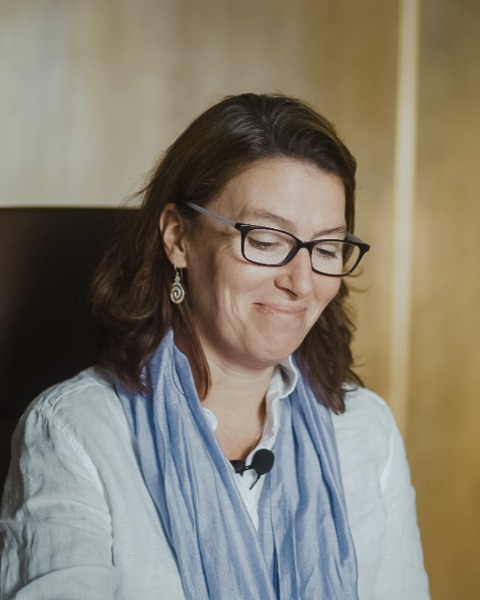
Marina Apgar (she/her/hers)
Research Fellow
Institute of Development Studies - Centre for Development Impact, England, United Kingdom -
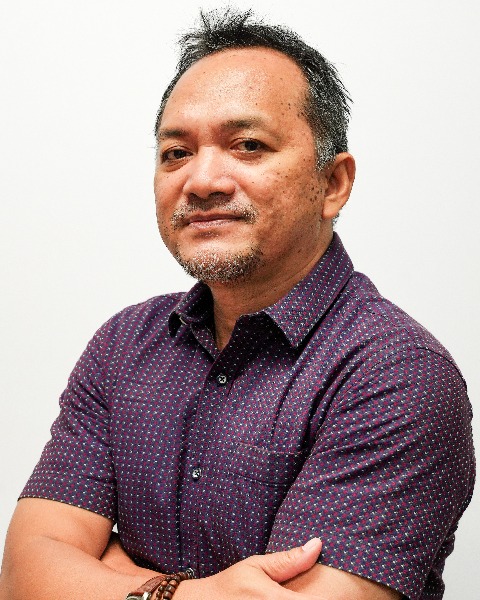
Yulianto Dewata, Director
Monitoring & Evaluation Practitioner
PT. Reforma Visi Utama, Indonesia -

Kofoworola Akpan, Dr
Director
Auricle Services
Lagos, Nigeria
Presenter(s)
Facilitator(s)
Chair(s)
Disscussant(s)
Presenter(s)
Location: White River Ballroom B
Abstract Information: This session will focus on the power of participatory narrative methods, and aims to bring to life how they can deepen exploration of causal pathways with those most directly engaged in creating change. Participatory and visual methods in evaluation often include a storytelling component, creating space for exploring how the convergences or divergences of peoples’ diverse experiences and values shape what we find and how we understand the outcomes of evaluations. Yet whether and how these stories are used for making sense of emergent causal pathways depends on the analytical strategies employed and the extent to which participation moves beyond the telling of stories. Often evaluators using participatory methods do not pay sufficient attention to causal analysis in the stories they encounter, undermining their potential to be more than anecdotes of individual experiences. As we celebrate greater uptake of participatory methods as storytelling tools in evaluation, we need to pay attention to how they can extend towards deepening causal analysis without sacrificing quality in participation. The facilitators will set up this think tank session by briefly sharing their experiences using two participatory evaluation methods that include storytelling - change stories and outcome harvesting - to explore causal pathways. In breakout groups, session participants will then address the following questions:(1) How can storytelling better inform causal analysis in evaluations? (2) What constitutes rigor in causal analysis? and (3) How can we implement participatory narrative methods to ensure the rigor of the causal analysis that emerges from them? This session is part of the Causal Pathways Initiative’s work to build understanding, will, and skills to more fully discover causality amid complexity.
Relevance Statement: One of the two most often downloaded articles from Foundation Review in 2022 was “Lost Causal,” an article that challenged philanthropy and evaluators to reconnect to the importance of understanding how change is really happening, not just predicting what might happen and looking for evidence of it. A year later, over 3,000 people signed up for an SSIR webinar on the same topic - how can we understand how change really happens in complex, dynamic systems (without resorting to experimental and quasi-experimental designs that are often not appropriate). The Causal Pathways Initiative is a new effort that is seeking to respond to this outpouring of interest - the need expressed by commissioners and evaluators alike. The network of methodologists, evaluators, and funders who are part of the initiative identified a need to build awareness, understanding and will to use causal methods, alongside a significant need to address skill gaps in the field. The network members have concluded that a fundamental problem is the frequency with which these methods are implemented without rigor and deep participation of marginalized voices, of those in the system whose experiences are often hidden. In response, one of the actions the network is taking is to speak in front of commissioners and evaluators in many different venues, beginning with the work they are already engaged in and helping make visible how causal understanding can be strengthened in that work To this end, this session is focused on the intersection of participatory methods that enable equity oriented evaluation and exploration of causal pathways with and through them. Change stories and outcome harvesting are two methods that have the potential to do this, if applied with attention to the quality of participation and causal analysis to uncover how, why and under what conditions change happens.
